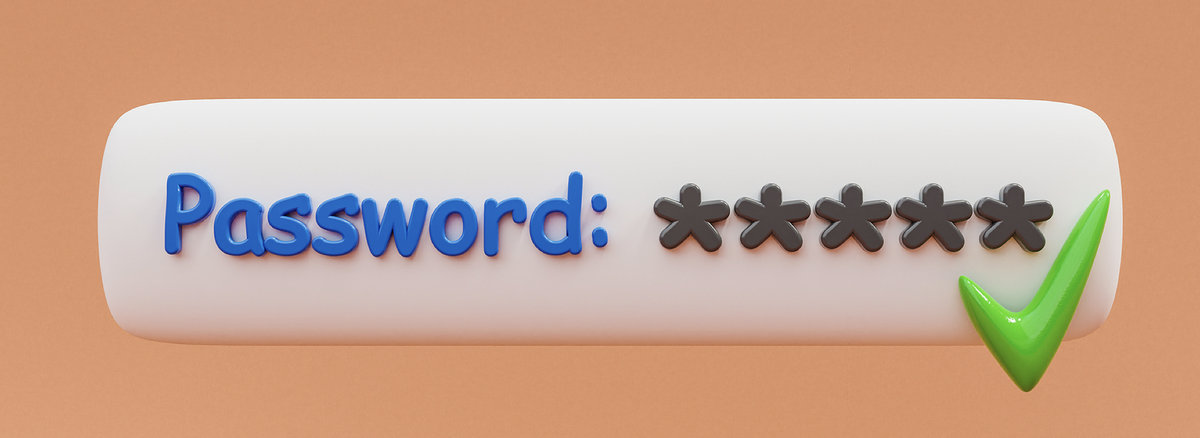Thursday, February 28, 2019
Hey Fletch … I am trying to find information about the legalities of requiring our church staff to install software on cell phones and laptops such as Covenant Eyes. We reimburse $100/month for personal cell-phone. I appreciate any help you can provide.
DRF—If the computer is wholly owned by the church, I don’t think that there is any problem installing such software. The church owns it and can dictate the terms of the use.
The cell phone is another matter. From what you said, the church doesn’t now wholly own the cell phone nor the service plan. You are reimbursing the individual for the use of their personal cell phone. By the way, your reimbursement amount is a gracious amount. It not only covers reasonable monthly airtime but also gives sufficient funds for regular replacement and upgrading of the phone. Remember, reasonable cell phone reimbursements are tax-free to the employee! This is a nice perk.
My guess is that you cannot force the individual to install the software on their cell phone. However, I may be wrong on this! In one sense you are not forcing anyone to install the phone. However, you are stipulating a condition for receiving the reimbursement.
Let me run this by Steven Goodspeed, a noted attorney with The Church Lawyers.
Steven—Thank you for the question. The area of law regarding what is known as Bring Your Own Device (BYOD) policies is somewhat in flux as courts evaluate this issue.
Generally, it is entirely permissible for an organization, including a church or ministry, to require an employee to utilize a particular software application on their phone. However, if the employer does this, then it also has to pay part of the employee’s mobile phone bill reflecting that percentage of monthly service charge that approximates the work-related time as opposed to personal time. In the case of an application operating in the background, the actual costs would be relatively low and would certainly seem to be covered by a $100 a month reimbursement.
It is important for the employer to have a BYOD policy addressing expectations and requirements of employees, especially if it is requiring employees to implement a particular mobile app(s), and it is best to get the employee’s consent or acknowledgement as part of the employment documents. Employees need to know where their privacy lies and where they are being monitored.











